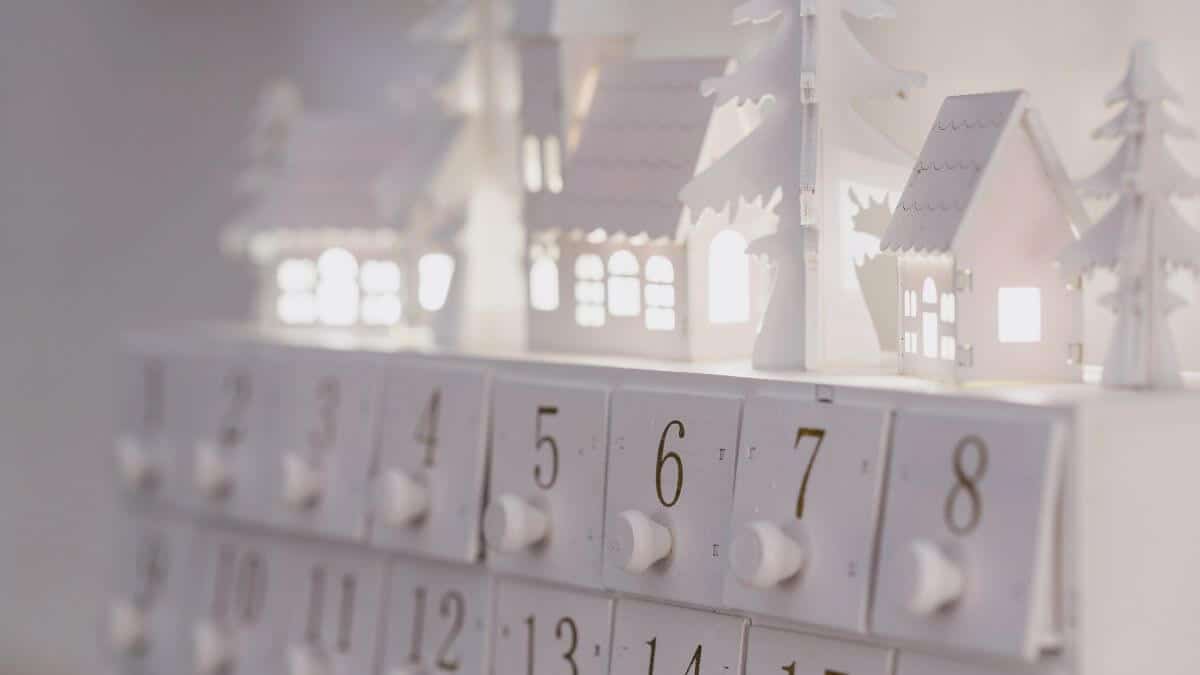Desde hace is one of the many Spanish time expressions that we use to talk about actions and the time when these actions took place. Since it looks very similar to other time expressions, many new and experienced Spanish learners wonder how to use ‘desde hace’ in Spanish.
In Spanish, desde hace is used to talk about the duration of an action: an action that started in the past and still continues to occur in the present. Since it talks about duration, ‘desde hace’ is used with adverbs or adjectives of quantity and numbers. ‘Desde hace’ means ‘for’ or ‘for how long’.
When it comes to time expressions, ‘desde hace’ is one of the most confusing structures that Spanish learners have to use. Since this structure is necessary for your conversations, the following sections will explain how and when to use ‘desde hace’ in Spanish.
In addition to showing you the grammar structures that you need to follow, we’ll also provide real-life examples. By the end of it, you’ll have a better understanding of how to use ‘desde hace’ and you’ll be more confident when applying it.
How to Use Desde Hace in Spanish
In Spanish, we use ‘desde hace’ to express the duration of an action. In other words, this time expression is used to express that an action started in the past, but still continues in the present. ‘Desde hace’ expresses how long you have been doing something.
Depending on the type of sentence, ‘desde hace’ could be translated as ‘for’ or ‘how long’.
¿Desde hace cuánto estudias español?
How long have you studied Spanish?
¡Te estamos esperando desde hace dos horas! ¿Ya casi llegas?
We have been waiting for you for two hours! Are you almost here?
As an expression that measures the time, ‘desde hace’ needs to work with words that allow it to express this amount of time. These accompanying words can be numbers or adjectives/adverbs of quantity.
No he salido con mis amigos desde hace dos meses.
I haven’t gone out with my friends for two months.
Below, we’ll discuss more in-depth about the rules that you need to follow when using ‘desde hace’ in Spanish.
Uses & Meanings of ‘Desde Hace’ in Spanish
‘Desde hace’ helps to express the amount of time a person has performed an action or how long an event has been occurring for. When using this time expression, it’s important to keep in mind that the action or event you’re talking about started in the past and still continues to happen or occur in the present. ‘Desde hace’ is used to emphasize this duration and continuity.
‘Desde hace’ can be used in:
- Negative and positive statements to express the duration of an action or event. For.
- Questions to ask people how long they have been doing something or how long something has been taking place. How long.
Depending on the sentence you use, you’ll need to follow specific phrase structures.
Expressing the Duration of An Action or Event – For
As a synonym of ‘for’, ‘desde hace’ is used to talk about the duration of an action in Spanish. In this situation, you could build a positive or negative statement. This is the phrase structure that you need to follow:
[Verb present tense] + desde hace + [amount of time]
Estudio español desde hace dos semanas.
I have been studying Spanish for two weeks.
Tengo gripa desde hace tres días.
I have had the flu for three days.
No he ido a la playa desde hace cinco años.
I haven’t gone to the beach for five years.
Clara y Maya no han venido a trabajar desde hace quince días.
Clara and Maya haven’t come to work for fifteen days.
¡Ándale! ¡Tu hermano nos está esperando desde hace media hora!
Come on! Your brother has been waiting for us for an hour and a half!
Take Note: A negative statement with ‘desde hace’ expresses for how long you haven’t done something or how long it’s been since a given action or event has occurred.
Desde Hace Take Aways
- ‘Desde hace’ talks about the continuity of an event, as a result, you need to use verbs in the present or present perfect tense.
- The amount of time can be expressed with numbers and nouns related to time, such as weeks, hours, years, minutes, months, etc.
- If you don’t know the specific amount of time that has elapsed, you can use adverbs or adjectives of quantity such as ‘mucho’, ‘algunos’, ‘bastante’, ‘poco’, ‘varios’.
No he ido a la playa desde hace mucho tiempo.
I haven’t gone to the beach for a long time.
Clara y Maya no han venido a trabajar desde hace algunas semanas.
Clara and Maya haven’t come to work for a few weeks.
Take Note: ‘Desde hace’ is used to describe or express the continuity and duration of an event or action. However, in conversational Spanish, many speakers use ‘desde hace’ as a way to emphasize a past action. Although this is not correct by formal Spanish standards, you should be aware of this use.
Renuncié desde hace dos semanas.
I quit two weeks ago.
Desde Hace Tiempo – For a Long Time / For a While
Usually, ‘desde hace’ works with numbers and adverbs that express the amount of time that has passed. However, this expression can also work with the word ‘tiempo’. In this case, ‘desde hace’ means ‘for a long time’ or ‘for a while’.
He querido invitarte a salir desde hace tiempo I have wanted to ask you out for a long time
Me siento muy cansada desde hace tiempo I have felt pretty tired for a while
Asking about the Duration of an Action or Event – How Long
‘Desde hace’ can also be used in Spanish to ask someone how long they have been performing an action or how long an event has been occurring. In this situation, ‘desde hace’ still emphasizes the continuity of the action. As a result, for this context, ‘desde hace’ will be translated as ‘how long’. Here is the phrase structure you need to follow:
¿Desde hace + cuánto + [verb in present tense]?
¿Desde hace cuánto te mudaste?
How long since you moved?
No he visto a Clara, ¿desde hace cuánto no viene a trabajar?
I haven’t seen Clara, how long has she not come to work?
¡Discúlpame, se me hizo tarde! ¿Desde hace cuánto llevas esperando?
I’m so sorry, I’m running late! How long have you been waiting?
¡Qué bien hablan español, chicos! ¿Desde hace cuánto llevan practicando?
You speak Spanish very well, you guys! How long have you been practicing?
Take Note: In general, ‘desde hace’ works with adverbs or nouns that express quantities or amounts of time. When asking questions, cuánto (how much) fulfills this function.
When to Use Desde Hace instead of Hace que?
For many new and experienced Spanish learners, ‘hace que’ and ‘desde hace’ look very similar to each other. Both ‘desde hace’ and ‘hace que’ express that an action started in the past and still continues in the present. They both mean ‘for’.
However, ‘hace que’ focuses more on the amount of time that has passed while ‘desde hace’ focuses on the continuity of this action.
Estudio español desde hace tres años.
I have studied Spanish for three years.
Hace tres años que estudio español.
I have studied Spanish for three years.
Related Resource: When to Use Hace Que in Spanish
Wrapping Up
When learning Spanish, ‘desde hace’ can be a very challenging time expression. For that reason, in this article, we discussed how and when to use this expression. We learned that ‘desde hace’ expresses the duration of an action (for how long you have been doing something) or event. Here are some key points you need to consider and remember when using it:
- ‘Desde hace’ means ‘for’ or ‘how long’.
- It talks about actions that started in the past, but still continue in the present.
- It works with words that help measure the amount of time, such as numbers or adverbs or adjectives about quantity.
- With questions, ‘desde hace’ works with the questioning word cuánto.
- Since it talks about duration and continuity, ‘desde hace’ works with verbs conjugated in present tense.
Now, you’re ready to start using ‘desde hace’ in your conversations.
Related Resource: Desde Hace vs Desde in Spanish





